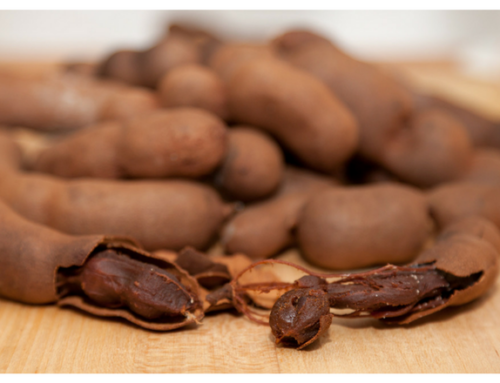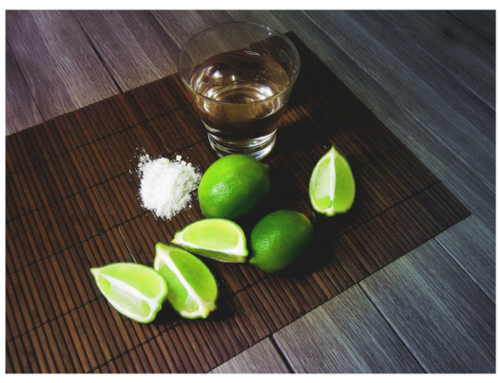It’s a special time of year for members of the Jewish community: time for Passover. Passover is a major Jewish holiday that calls for both somber reflection and celebration, during which families come together for lengthy dinners called seders.
Related: Seder Sweets with Latin Sabor: 4 Kosher Desserts for Passover
If you are among the more than half a million Jewish Latinos living in Latin America and the many more living in the U.S., be sure to keep in mind kosher laws and dietary restrictions when preparing your favorite holiday dishes. If you need a quick primer, you’re not alone. Below is a simple guide to kosher foods. Chag Sameach! [pagebreak]
What does it mean to keep kosher?
Kosher laws govern what ingredients can and cannot be eaten, how ingredients are prepared, and when certain foods can be combined or eaten. These laws were handed down through generations and eventually written down in the Talmud, the body of Jewish civil and ceremonial laws, and they’re still followed today.
What are kosher foods?
In general, land animals are kosher if they have split hooves and they chew cud. Cows, chicken, goats, and deer are kosher. Pigs and rabbits are not. Fish is kosher if it has fins and scales; salmon and tuna are kosher, but lobster, swordfish, shellfish, and crabs are not.
Fruits, veggies, and grains that are insect free are almost always kosher. Grapes and wines, however, must be certified kosher.
Kosher laws also dictate that meat and milk are never combined, separate utensils are used for each, and that there be a waiting period between eating them; this means no cheeseburgers and no queso fresco on carne asada.
What about processed foods?
For a food to be certified kosher, every part of its production process must be executed in accordance with Jewish law. This means that while a food can be made of kosher ingredients, it might not be certified kosher. Thus, it is not sufficient to merely look at ingredient lists. You’ll have to look for a kosher certifications on the package.
Next, how foods are certified kosher… [pagebreak]
How are foods certified kosher?
There are three main companies that certify kosher products (though there are many more reliable kosher certifications): Kosher, Orthodox Union, and KOF-K. These companies promise that they have inspected every single step of a product’s process and have found it all in accordance with Jewish law. (You can find a good primer of those laws here). Once they’ve inspected a product, the producers of that product are free to apply a kosher certification symbol to the packaging. These symbols are a quick and easy way for you to know what’s kosher.
What about Passover?
Passover is a very special time in the Jewish community, one during which there are far more and far stricter dietary laws. At this time, those adhering to dietary laws set forth in the Talmud can consume only foods that are certified kosher for Passover. If you’re cooking for Passover, you should know that every ingredient used and every instance in which the ingredient is used, needs to be certified specifically for Passover.
Where can I find common kosher Latin ingredients?
There are hundreds of products that you probably already use in your kitchen – from tortillas to beans to salsas – that are kosher. The best way to know if a product is kosher is to simply check on a kosher certification website. You can click here or check here to start your search.
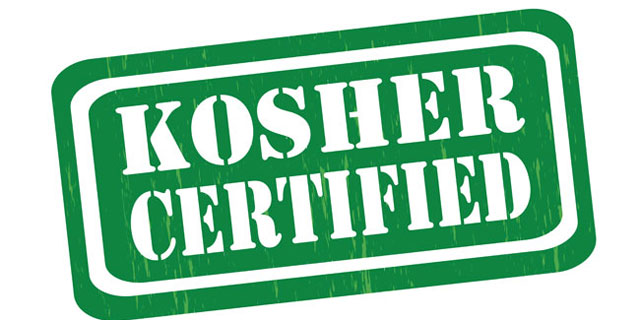

![Making Mealtime Matter with La Familia: Easy Sofrito [Video]](https://thelatinkitchen.com/wp-content/uploads/2015/10/sofrito-shutterstock__0-500x383.jpg)
![Easy Latin Smoothies: Goji Berry Smoothie [Video]](https://thelatinkitchen.com/wp-content/uploads/2015/12/goji_berry-shutterstock_-500x383.jpg)
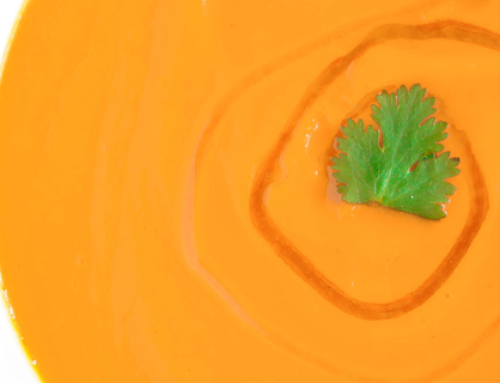

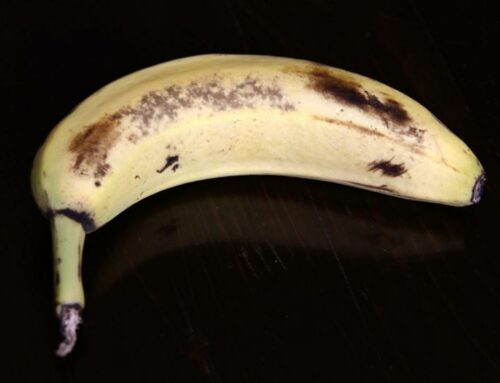



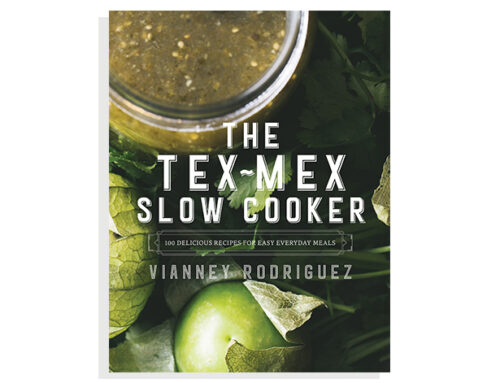
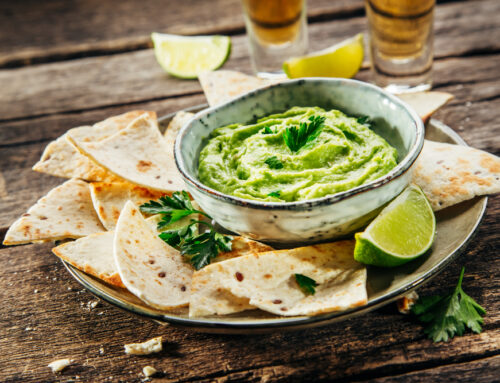



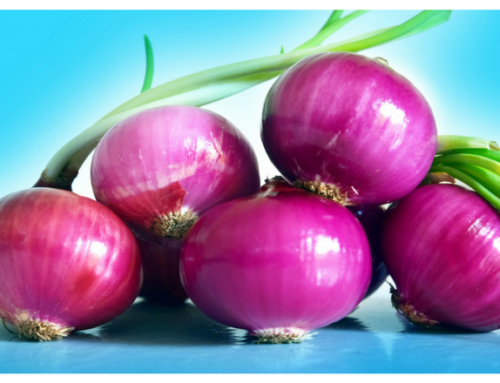




![Fun and Fast Recipes: Fiesta Cabbage Salad [Video]](https://thelatinkitchen.com/wp-content/uploads/2015/11/fiesta_cabbage_slaw-shutterstock_-500x383.jpg)


